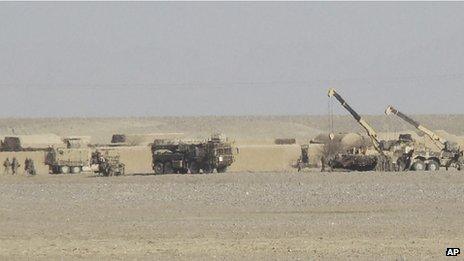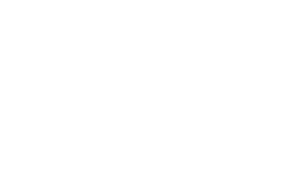Six UK soldiers killed in Afghanistan explosion
- Published

Defence Secretary Philip Hammond said the timetable for withdrawal remained on track despite this "cowardly attack"
Six British soldiers have been killed in southern Afghanistan when their vehicle was hit by an explosion.
Five from 3rd Battalion the Yorkshire Regiment and one from 1st Battalion The Duke of Lancaster's Regiment had been on patrol in Kandahar province on Tuesday. Their families have been told.
It is the biggest single loss of UK life at one time in Afghanistan since a Nimrod crash killed 14 in 2006.
The explosion is thought to have been caused by a very large Taliban bomb.
The number of British military deaths in Afghanistan since 2001 is now 404.
Prime Minister David Cameron said it was a "desperately sad day for our country".
"Every death and every injury reminds us of the human cost paid by our armed forces to keep our country safe," he said, at the start of Prime Minister's Questions.
In a statement, the Ministry of Defence (MoD), externalsaid the six soldiers were on a security patrol in a Warrior armoured fighting vehicle when it was caught in an explosion in Kandahar province.
Brig Patrick Sanders, commander of Task Force Helmand, said it suffered "catastrophic damage".
They had been travelling as part of a two Warrior patrol when the vehicle was hit at the junction of a road travelling east from Gereshk and another heading north to Lashkar Gah, the MoD said.
The BBC's Orla Guerin, in the Afghan capital Kabul, said there must have been a "massive explosion" to damage such a robust and heavily protected vehicle.
The area, she said, was sparsely populated and particularly unstable, according to Afghan officials, and insurgents were known to have planted roadside bombs there.
The BBC's Bilal Sarwary in Kabul said a police official in Lashkar Gah named IEDs as the biggest threat to his forces and told him insurgents were now planting them on key roads in a clear change of tactics.
Meanwhile, BBC defence correspondent Caroline Wyatt said the six soldiers had been in the country for less than a month, having flown out of the UK on Valentine's Day.
She added that the ongoing operation to recover the bodies would have been slowed down as rescuers would have faced the risk of being injured themselves by further bombs.
News emerged earlier on Wednesday that the six were missing, presumed dead. It is understood the MoD has not formally identified them.
Most of the 9,500 UK troops in Afghanistan are expected to be withdrawn by the end of 2014, when 13 years of combat operations in the country are set to cease.
Defence Secretary Philip Hammond said the timetable for withdrawal remained on track despite this "cowardly attack".
"This will not shake our resolve to see through the mission - I believe we owe that to all the brave men and women who have sacrificed their lives and put themselves at risk over the last few years," he told the BBC.
In the Commons, Mr Cameron told MPs "every possible support" had to be given to a political settlement in Afghanistan.
He said a clear message had to be sent to the Taliban that - whether UK troops or Afghan troops were there - they "will not win on the battlefield - they never win on the battlefield".
Mr Cameron said he had spoken to the UK's leading military officers, who had stressed the commitment of troops to "getting the job done".
He also said he would discuss the Afghanistan situation with President Barack Obama on his visit to the US next week to ensure they were "in lock step" about the importance of training up the Afghan army and police, and making sure all Nato partners had a properly co-ordinated process for transition.
Labour leader Ed Miliband expressed his "profound sadness" over the latest deaths and said the UK owed those who put themselves in harm's way for our benefit "an immense debt of gratitude".
Chief of Defence Staff General Sir David Richards said he was "deeply saddened" by the news.

"The courage, fortitude and determination of those servicemen and women currently in Helmand is inspirational," he said.
The Archbishop of York John Sentamu said his heart went out to those affected, and we owed a debt of gratitude to our "brave soldiers".
The last British soldier to be killed in Afghanistan was Senior Aircraftman Ryan Tomlin, of 2 Squadron, Royal Air Force Regiment, who died from gunshot wounds in Helmand on 13 February.